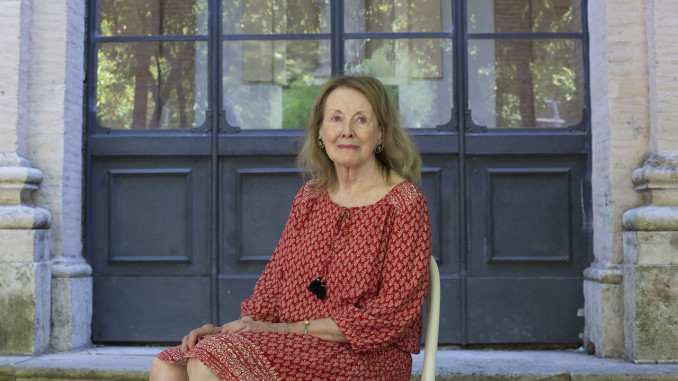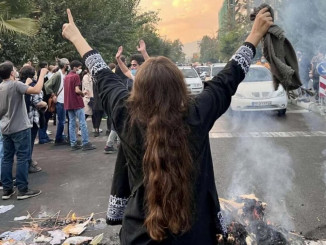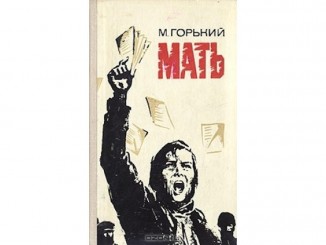
The Nobel Prize in Literature was awarded last week to the French author Annie Ernaux. She is only the 17th woman to be awarded the prize since its creation in 1901. This is worth noting not only because she is a woman and a brilliant writer, but also because she is an unabashed feminist and calls herself a Marxist, who writes about clandestine abortion at a time when abortion access is being stripped away in nations like the United States.
Ernaux grew up in a working-class family in the town of Yvetot, where her parents owned a café and a grocery store. Her first book, Cleaned Out, is, according to her own website, “a fictionalized account of the illegal abortion she underwent in 1964, and her move from working-class to middle-class culture through education.” In 2021, a film entitled The Happening was adapted from her book of the same title and about the same subject, and it received the Golden Lion award at the Venice Film Festival.
If you want to discover the world of Annie Ernaux, you will find many of them translated to English. Here is a short list:
Cleaned Out
Ernaux’s first novel, published in 1974, recounted the abortion she underwent 10 years earlier while still a student. A more recent book on the same topic is Happeningpublished in 2000.
A Frozen Woman
In Ernaux’s third book she looks at her life through the lens of gender, from her youth full of dreams to becoming an adult frozen by societal demands and patriarchal control.
A Man’s Place
This novel earned her first major prize in 1983, France’s Prix Renaudot. It concerns her conflicted feelings about moving from working class to bourgeois life, with the author calling herself “a class defector.”She describes the wide gulf that grew between her and her parents once she entered a world of university-educated intellectuals.
The Years
The Years is considered Ernaux’s masterpiece, published in 2008. She uses her memoire as a means of tracing the postwar generation in France, beginning with the Algerian War, through the feminist movement and the protests and pop culture of the second half of the 20th century.




